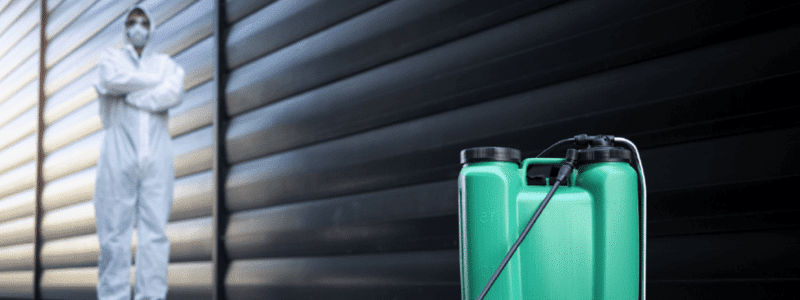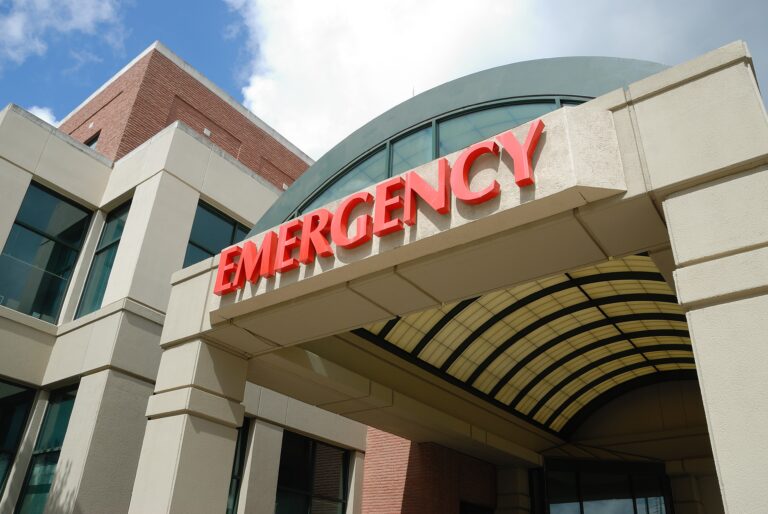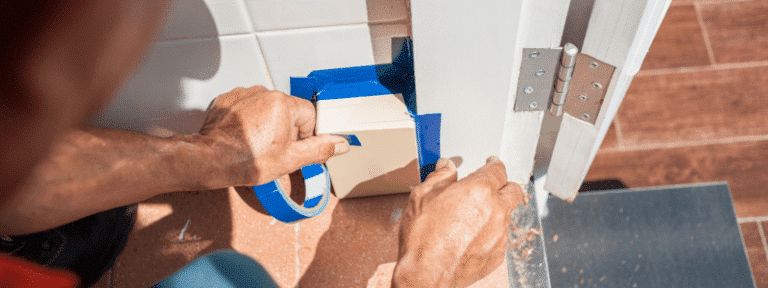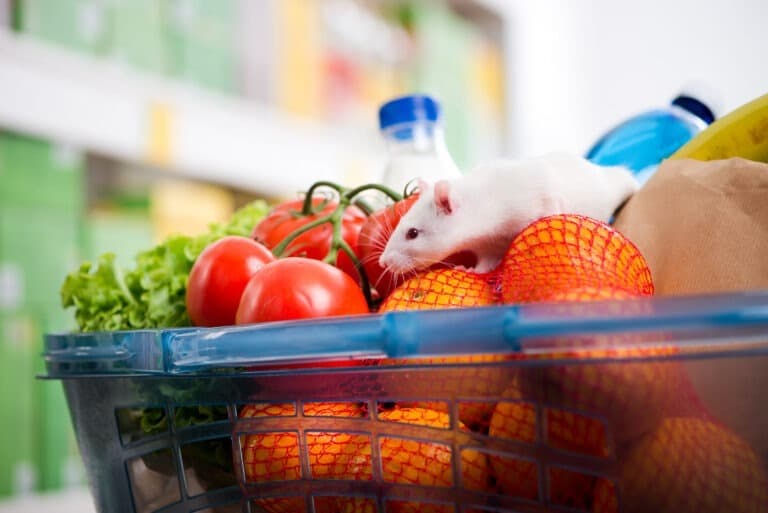The solutions that pest control companies use are far more advanced and effective than over-the-counter or homemade remedies. But what do pest control companies use?
This guide includes:
- What chemicals do most pest companies use?
- What is the most effective pest control?
- Organic and green pest control services.
- Best pest control products for your home.
What Chemicals Do Most Pest Control Companies Use?
Most pest control companies use pesticides called pyrethrins and pyrethroids, including Permethrin. These mimic natural and organic pesticides found in varieties of chrysanthemums. There are also a few other chemicals that are used but sometimes not as common.
- Fipronil: This standard pest control treatment can come in the form of liquid or powder and is most commonly associated with termite, flea, and cockroach control. It affects the nervous system of pests and will either kill them or repel them from your home. Fipronil is a mildly toxic spray that professional pest control technicians should only use, and even then, they should be keeping you and your family aware of the affected areas.
- Piperonyl Butoxide: This pesticide is an additive to treatments, as it is not particularly effective on its own. It is not particularly toxic to humans and animals, but we recommend limiting your exposure to any pest control solutions used.
Many lower-quality pest control treatments will mix these common ingredients with more radical chemicals that may harm your home and property. Some of these ingredients are also listed as carcinogens at certain exposure levels by the EPA.
We highly advise you to ask your local pest control providers what they use for pesticides and mention any concerns you have about the safety of your home.
What is the Most Effective Pest Control?

The most effective pest control methods will vary based on pest type, region, severity, and areas of concern. Within these broad parameters, there are some specific methods that professional pest control services typically use, including:
Physical Pest Control Methods
Physical pest control methods include trapping, killing, and removing pests by limiting breeding grounds and conditions.
Physical methods include bait traps, field burning, trap cropping, and perimeter traps.
Chemical Pest Control Methods
Professional pest control services most commonly use chemical pesticides when treating infestations. Although safety might not be the first thing that comes to your mind when mentioning chemical-based pesticide solutions, plenty of eco-friendly and green chemical mixes are becoming more prevalent among high-quality pest control companies across the nation.
How Does Pest Control Spray Work?
Depending on the pest control spray, there are various ways treatment is applied and affects pests. For crawling insect sprays, it is common to spray an area with a thin layer of insecticide that can be picked up on their legs and body. They will then be affected by the chemicals and, hopefully, track this into their nest so that more pests are affected.
Additionally, when pest control treatments include pyrethroid, this tends to work as a repellent to insects on top of the other active ingredients in the treatment. This dual action works to eliminate current pests and stop more from getting into your home.
Biological Pest Control Methods
Also known as natural pest control solutions, using animals, plants, or an organic compound to keep pests away from homes or businesses is a common alternative to synthetic chemical solutions. However, these are typically considered DIY methods used as general support for professional pest control services, depending on your circumstances. Microorganisms commonly used by gardeners are a popular form of modern natural pest control used to protect many kinds of plants in home gardens.
In terms of overall efficacy, there is little doubt that pesticides are the most effective pest control method to date. In terms of using them appropriately, it is important to have a clear understanding of what treatments are designed for your property, pest infestation, and long-term health. We recommend having a thorough conversation with your pest control technician about what products they use.
Organic and Green Pest Control Services
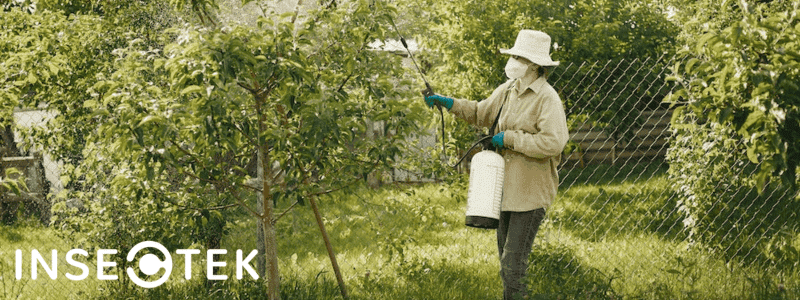
Modern pest control companies continue developing products and services for improved safety and effect as homeowners increasingly demand green, organic, and eco-friendly pest control solutions.
The EPA deemed that certain green pesticides have similar effects to traditional pesticides with a lower risk of adverse effects from their use. These treatments are typically preventative measures, and the most skilled pest control technicians will effectively apply them in areas of significance. This corresponds with the best-use guidelines for pesticides that will keep you, your family, and your property safe short-term and long-term.
As with any other pest control treatment, we recommend discussing the specific mixes and organic products used in your treatment with your local pest technician.
Best Pest Control Products for your Home
There is no one-size-fits-all pest control treatment for every home. After all, your region, infestation, and property play a significant role in strategizing the best pest control solution for your situation. The most important thing is finding effective, safe, and consistent pest control to prevent and eliminate any pest infestations.
For most homeowners experiencing pest problems, we recommend turning to professional pest control solutions for the greatest success. You can spend hours of your time and hundreds of your hard-earned dollars and products that might not work – or only temporarily deter pests.
With the best pest control products and treatments from the pros, there is a much higher rate of success. You don’t have to stress over doing it yourself, and the results will likely last much longer. In our opinion, it’s an easy decision.
Related: Pest Control FAQs: Can I Clean After Pest Control Services?



